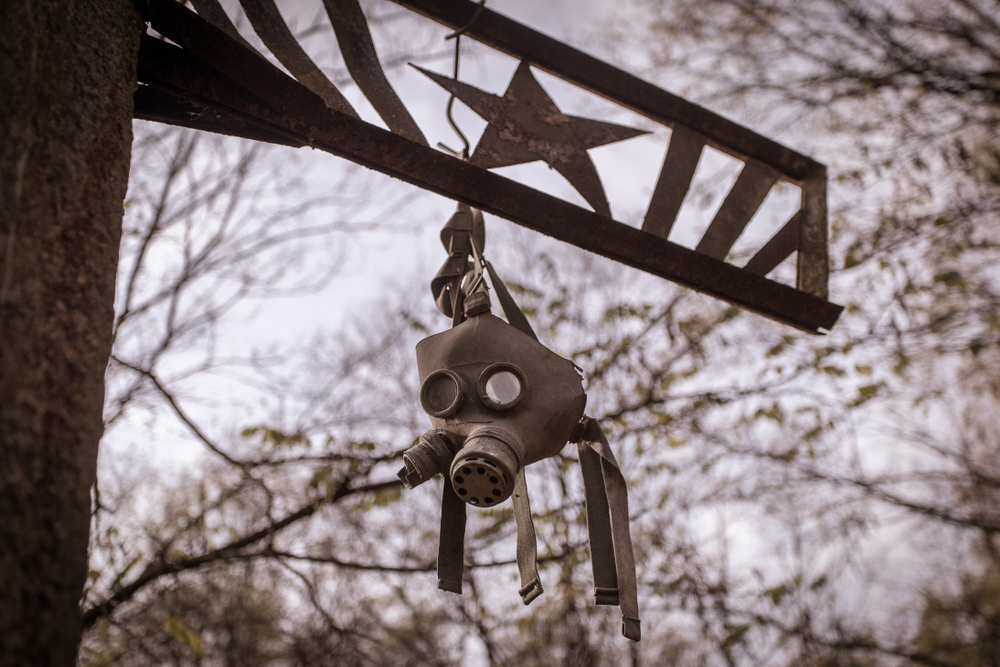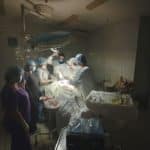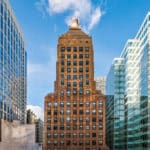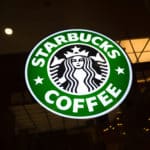5 Historical Facts That No One Told You in School

What is there in common between sleep and oil split, between tomato and rheumatism, or what is there that connects assassination attempt and a radio station in one story? Here are five tidbits that give you a fuller image of the world’s history.
151 Olympic medals were awarded for art
From 1912 to 1948 pretty much any artist in the world could compete in the Olympic games for a medal for their piece of art, whether it be a poem, a choral music, or a drawing. During this period, Germany, Italy, and France headed the list of the Olympic art medalists, with 23, 14 and 14 total medals respectively. The art (literature, architecture, sculpture, painting, and music) was required to be Olympic-themed, but after the World War II, the number of entered works had significantly dropped. Eventually, in 1949, all the participants who wanted to take part in Olympics, appeared to be professionals, so after long debate, the competitions turned into an exhibition.
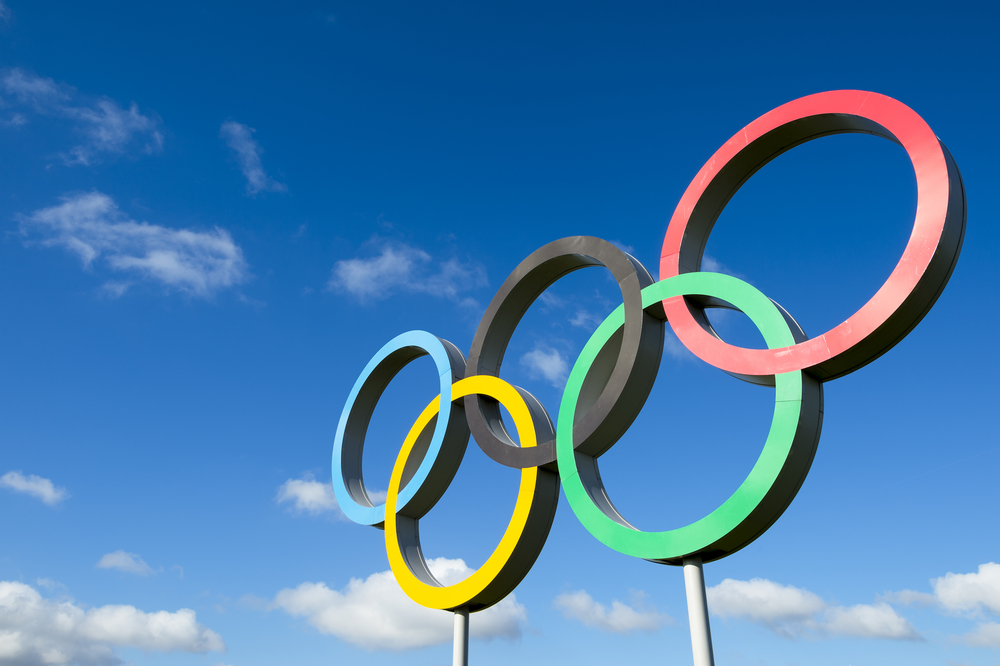 lazyllama / Shutterstock.com
lazyllama / Shutterstock.comThe epidemic of suicides after the 1929 Wall Street Crash never happened
October 24th, 1929 remained in U.S. history as Black Tuesday due to the most shocking market crash. It is widely believed that the stress for bankers and investors was so big that they were leaping out of windows. However, contrary to popular lore, there are numerous facts that these gossips are exaggerated. As economist John Kenneth Galbraith stated in his book The Great Crash 1929: In the United States the suicide wave that followed the stock market crash is also part of the legend of 1929. In fact, there was none.” “If half the suicides which were reported to ‘TRADER’ yesterday had proved true, Wall Street would be a deserted village this morning,” the New York Daily News reported the day after Black Thursday.
Lack of sleep caused a great number of world disasters
It was not the spy sabotage or engineer miscalculation that resulted with the most famous historical disasters. The lack of shut-eye actually hurt nature and humans more than you might think. The Three Mile Island accident, when a nuclear reactor in Pennsylvania ended up with a partial meltdown, the Space Shuttle Challenger explosion in 1986, Exxon Valdez oil spill in Alaska, and even Chernobyl nuclear disaster were this or other way a reason of fatigue or excessive workload of the staff.
150 years ago ketchup was sold as medicine
In 1830s, tomato ketchup was believed to have medicinal properties and was sold as a cure for all kinds of digestion problems, including diarrhea and jaundice. The positive effect of ketchup was believed so extraordinary, that it was sold also as a cure of rheumatism. At that time, there were even a local war on the market between Dr. John Cooke Bennet, the inventor of the ketchup pills, and copycats that were selling their own tomato-based cure. The tomato medicine was on the shelves of drug stores for about 15 years until the ketchup medicine collapsed due to the false claims.
There were 600+ attempts to kill Fidel Castro
Some sources even call a precise number of plots to kill the Cuban dictator – 638. Fidel Castro had a great number of foes, including criminals, local politicians and even the United States. The variety of methods of assassination they used is incredible: from femmes fatales and exploding cigars to a radio station rigged with gaseous LSD.
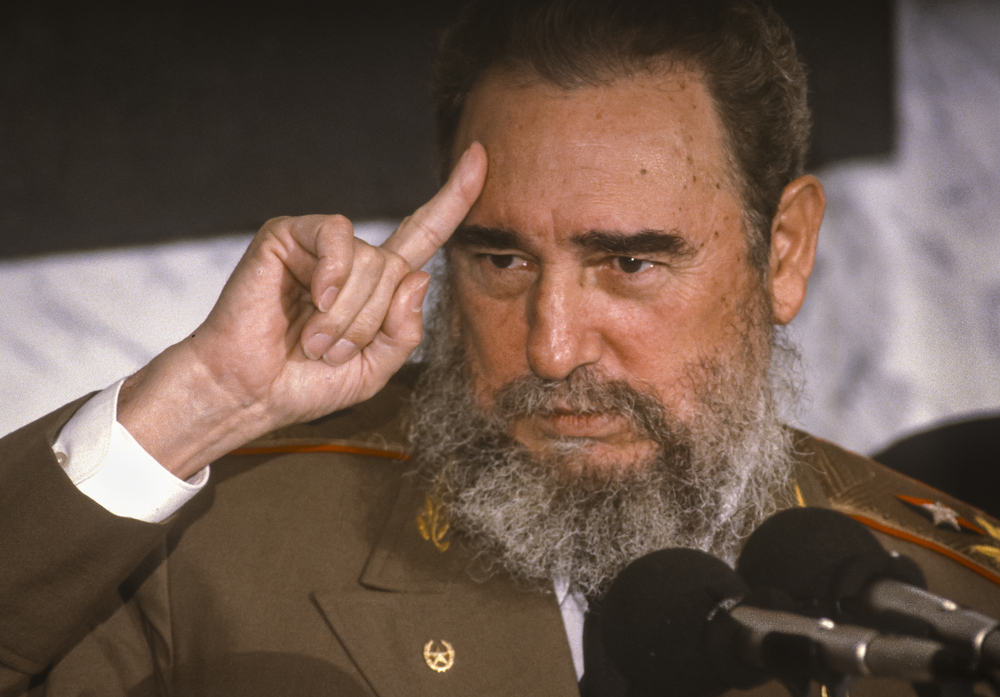 Rob Crandall / Shutterstock.com
Rob Crandall / Shutterstock.com
